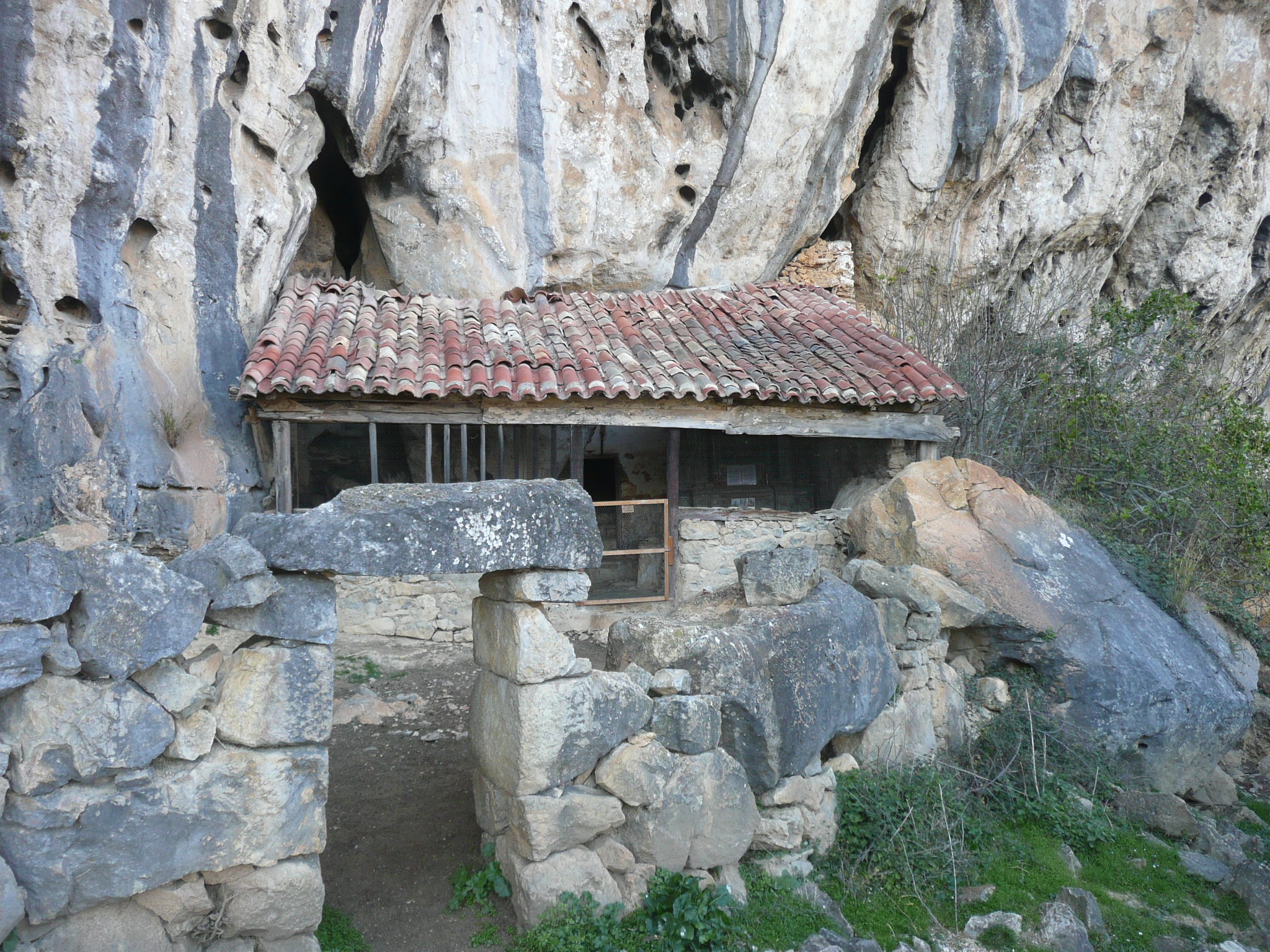
ANNOUNCEMENT OF THE 7 MOST ENDANGERED SITES IN EUROPE FOR 2021
Thursday, 8 April 2021
Future for Religious Heritage (FRH) welcomes the inclusion of two religious heritage sites which it nominated to the “7 Most Endangered Sites in Europe for 2021 programme”: The Dečani Monastery in Kosovo, and the Cave chapel of San Juan de Socueva in Cantabria, Spain. The announcement of the 7 Most Endangered sites 2021 was made at an online event co-hosted by high-level representatives from Europa Nostra and the European Investment Bank Institute, with the participation of Mariya Gabriel, European Commissioner for Innovation, Research, Culture, Education and Youth.
In 2020 it was the first time that the 7 Most Endangered program opened also for contributions from members of the European Heritage Alliance. Very grateful for this opportunity FRH consulted its members to bring forward specific cases from all over Europe. This resulted in FRH submitting 3 religious heritage sites to be nominated as candidates for inclusion in the 7 Most endangered program. All three represent a different threat. Dečani Monastery, San Juan de Socueva in Spain and the Church of St. Denis in St. Omer France. All 3 made it to the shortlisted 12 and were presented in the final selection. This designation of these sites being shortlisted has brought further important attention to the threats faced by Europe’s religious heritage. FRH is very pleased that both the Cave chapel of San Juan de Socueva and the Dečani Monastery has been selected by the Board of Europa Nostra, on the basis of the opinion expressed by the Advisory Panel of the 7 Most Endangered Programme.
FRH President, Pilar Bahamonde stated “Future for Religious Heritage has been working to safeguard Europe’s religious heritage since 2011. This year, FRH is honoured to have nominated these religious heritage sites to the “7 Most Endangered Programme”. We thank the “7 Most Endangered Programme” for placing the spotlight on religious heritage in peril.”
FRH firmly believes that religious heritage sites are essential for local communities and advocates they remain at the centre of their communities. These sites present numerous civic and economic opportunities. FRH advocates both the extension of use or adaptive reuse as additional means for ensuring the protection of religious heritage. Through a proactive effort from the site’s community, religious heritage can survive to be enjoyed by future generations.
‘The 7 Most Endangered’ programme, launched in 2013 by Europa Nostra in partnership with the European Investment Bank Institute and supported by the Creative Europe Programme of the European Union identifies the most threatened monuments, sites and landscapes in Europe and mobilizes public and private partners at all levels to find a viable future for these heritage gems.
More information on the selected sites can be found here.
Watch the video of FRH President, Pilar Bahamonde’s speech here.
————————————————————————————————————————————
Note for editors:
FRH (Future for Religious Heritage) is a non-faith, non-religious organisation, working to safeguard and hand over Europe’s religious heritage for the next generations to enjoy. FRH bring together people and organisations who want to save and protect Europe’s religious heritage. A European Network with diverse members in the heritage, charity and not for profit sectors, universities, religious organisations and local and national governments. FRH provides a Europe wide platform for cooperation and exchange of ideas and knowledge. FRH is one of the 28 EU Cultural Networks co-funded by the Creative Europe Programme of the European Union. FRH is also a proud member of the European Heritage Alliance. FRH celebrates its 10th year anniversary in 2021.
More information can be found on our website: www.frh-europe.org
Press contacts:
FRH, Jordi Mallarach, email: Jordi.mallarach@frh-europe.org / mobile: +32 471663736 Rue de Trèves 67, Brussels, Belgium
* This designation is without prejudice to positions on status, and is in line with UNSCR 1244/1999 and the ICJ Opinion on the Kosovo declaration of independence.





Follow us: